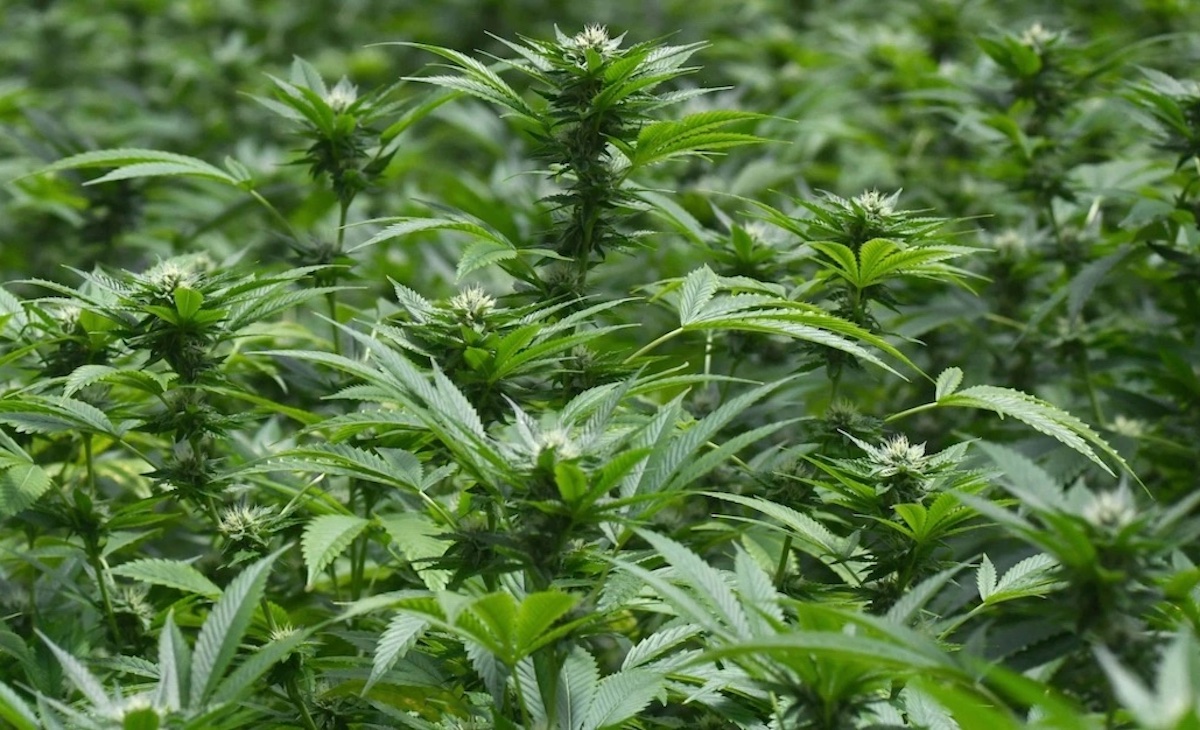Santa Barbara County Projects $6 Million Cannabis Revenue Shortfall for 2021-22
Glut of Marijuana on the Market Is to Blame, Says County Executive Officer

Because of a glut of marijuana on the market, the county’s tax revenue from cannabis cultivation is projected to be only $12.4 million this fiscal year, or $6 million less than the $18.4 million that was forecast last June when the county budget was adopted, the County Executive Officer said this week.
During the 2020-21 fiscal year ending last June, the county collected $15.7 million in taxes from cannabis cultivation. The projected decrease for 2021-22 “is attributable to the oversupply of wholesale cannabis product and resulting price compression that continues to persist locally and statewide, much as it did early on in other states that legalized adult-use cannabis prior to California, such as Colorado and Oregon,” according to the quarterly budget status report that was presented by the office of CEO Mona Miyasato to the county Board of Supervisors on Tuesday.
The CEO’s budget projection was based on cannabis tax receipts for October, November, and December 2021, the second quarter of the current fiscal year. (This fiscal year runs from July 1, 2021, to June 30, 2022.) The quarterly report was on the board’s administrative agenda and was not subject to a public hearing, signaling a change from recent years, in which the supervisors held quarterly public hearings on the status of cannabis revenues, permits, and licensing.
Using the state’s “Track-and-Trace” system, which provides data and analytics for all licensed operators, the county will be able to make more accurate projections regarding cannabis tax revenue in the future, the report said.
In all, it said, the county’s cannabis tax revenues for 2021-22, including both cultivation and retail, are projected to be $6.6 million less than what was anticipated last June. None of the six storefronts where marijuana can be sold in unincorporated areas are up and running yet, so the county’s tax revenue from cannabis retail is projected to be only $58,000 during this fiscal year, dramatically less than the $625,000 that was anticipated last June. The storefront operators are still in the process of getting their county zoning permits and business licenses; only one storefront is expected to be open by July of this year.
On the plus side, the county is projecting a $2.7 million boost in property transfer taxes over what was forecast when the 2021-22 budget was adopted, driven by historically low mortgage rates and the high demand for homes. Bed taxes that are assessed for hotel and motel rooms are trending $2.6 million higher than budgeted because of the public’s pent-up demand for travel, and the county is projecting a year-end surplus of $2 million in sales taxes over what was forecast last June, reflecting the sustained growth of e-commerce and an uptick in holiday shopping.
Melinda Burns is an investigative journalist with 40 years of experience covering immigration, water, science, and the environment. As a community service, she offers her reports to multiple local publications, at the same time, for free.
Support the Santa Barbara Independent through a long-term or a single contribution.



